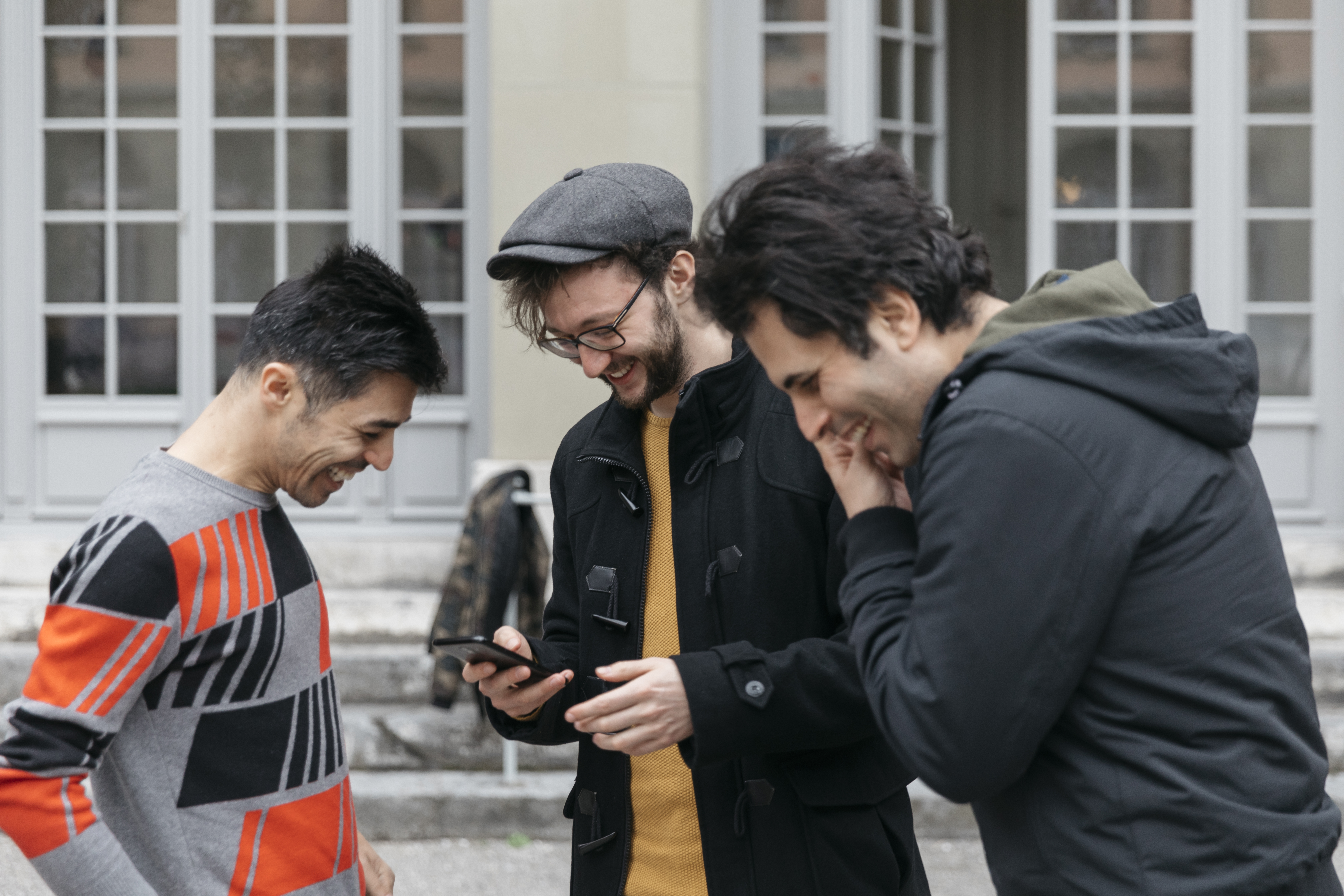The association MAZAY was founded in spring 2018. During the first two years, the association offered an intensive integration course for 16 asylum seekers, as people over the age of 25 received little to no support during the lengthy asylum procedures. In summer 2019, MAZAY expanded its activities to better meet the needs of refugees struggling with mental health challenges. The association launched its first everyday support program, continued to offer German and other courses, and opened a café. By 2022, additional projects were introduced, including a tutoring program, various events, and the IFC MAZAY. Since January 2023, MAZAY has also been offering regular volleyball sessions.
Learn more about MAZAY...



